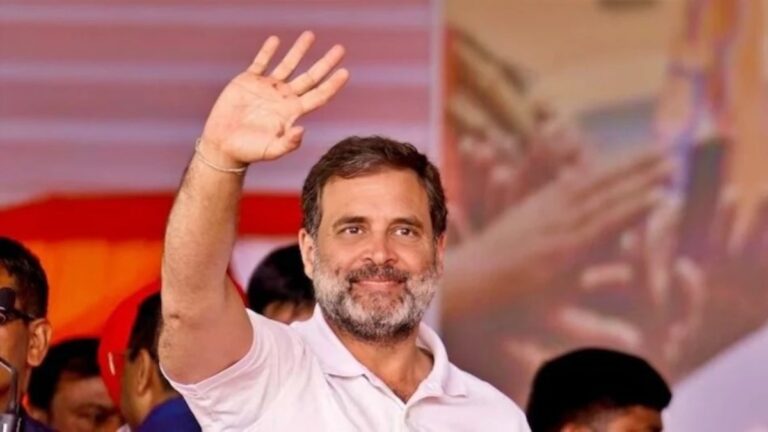Indian National Congress Party leader Rahul Gandhi won both the seats he contested in the 18th Lok Sabha elections. He won in both Rae Bareli in Uttar Pradesh and Wayanad in Kerala. In this situation, what happens next for the Congress leader?
In India, it is legal for a candidate to contest two Lok Sabha seats. If a candidate wins both the seats, a by-election will be held in the constituency that is left vacant. As per the Representation of People Act, 1951, one seat must be vacated within 14 days of the announcement of the results.
Besides Rahul Gandhi, Odisha Chief Minister Naveen Patnaik also contested the simultaneous state assembly elections from two seats — Kanthabanj and Hinjili. He lost in Kanthabanj but won in Hinjili.
It is common for two seats to be contested in Indian elections. Former Prime Minister Atal Bihari Vajpayee once contested from Gandhinagar and Lucknow in the 1996 Lok Sabha elections. Vajpayee won both seats but decided to retain his Lucknow seat, necessitating a by-election in Gandhinagar.
Similarly, former Indian National Congress president Sonia Gandhi also contested elections from Bellary in Karnataka and Amethi in Uttar Pradesh in 1999.
Prime Minister Narendra Modi ran from Varanasi in Uttar Pradesh and Vadodara in Gujarat in the 2014 general elections. Despite winning both seats, he decided to stay in Varanasi.
A petition challenging Section 33(7) of the Representation of People Act, 1951 was filed by lawyer Ashwini Kumar Upadhyay in 2023. Upadhyay argued and sought to declare the section illegal. The petition sought action from the Election Commission and the Central government to stop candidates from running for the same post in multiple constituencies simultaneously.

